Embracing Grief Advocacy
During my training as a Grief and Loss Therapist, one of the things that I learned was that we live in a Death-Denying Culture. Cultural context is vital to understanding the experience of grief and loss, and while some cultures are Death-Defying or Death-Embracing, Americans avoid the topic of death, becoming uncomfortable when confronting the reality of our own fragility and sweeping issues relating to mortality or loss under the rug. We try to “fix” the emotion of grief in others as it is an uncomfortable reality to be reminded of.
While we prize exuberant optimism, we deny the emotion of grief and loss, which is an unavoidable part of our human experience. Denial, concerning grief and loss, becomes a cultural defense mechanism, powerfully reflected in our art and culture. This denial is exacerbated when you layer in some religious subcultures’ interpretation of the experience of grief and loss as somehow sinful or wrong. All these factors can make going through a healing grief process challenging or even shameful. For all these reasons, I was inspired to become an advocate for my own grief and the grief of others.
My own journey with grief and loss has guided me to become what I like to think of as a Grief Advocate. In 2018, I experienced three substantial losses that made me become more intimately familiar with the emotion of Grief. Before then, I had experienced a degree of grief and loss, as is the case with most people, but I had not lost a loved one in my immediate family until that time. This was a tough time of compounded losses and I found myself finally pausing after the third loss to properly address my grief.
During this time, I experienced what I now know as disenfranchisement of grief, which is either a direct or indirect invalidation of one’s experience surrounding grief. Well-meaning individuals would try to cheer me up, or point out how others had it worse, or even say I “shouldn’t” be sad because of my spiritual beliefs. Grief can be imagined as the subtraction of a part of your identity. Examples of these losses may range from the loss of a loved one, the ability to drive, or the loss of employment. In truth, what is grief worthy is far broader than the death of a loved one. The process of healing requires making meaning of the experience and weaving together a new identity. When this process is interrupted or denied, it can cause the process to be prolonged or potentially move to a complicated grief process.
Because of my awareness as a therapist, I found myself advocating for my grief journey while I was still processing my losses. It was an admittedly odd situation, because I was a griever, and an advocate, and a teacher to those who fundamentally wanted to comfort me. I have come to believe that two things can be true at the same time, I can be at once hopeful that I will see brighter days and I can also completely participate in my grief process, not trying to get over my grief but get through it.
I have been able to make meaning of my personal experience by helping others defend their grief, shield their grief process from the criticism of others who may be uncomfortable with it, and feel empowered as they walk through their journey. I love when others can even see their grief being a measure of how important the loss was for them, especially when the loss was of a loved one. By becoming a Grief Advocate, I was able to begin to make meaning of my experience which has been vital to my healing process. It is always uplifting when those I work with can start to make their own meaning from their losses and weave that meaning to their new identities.
-Tatiana Schlur-Alves

